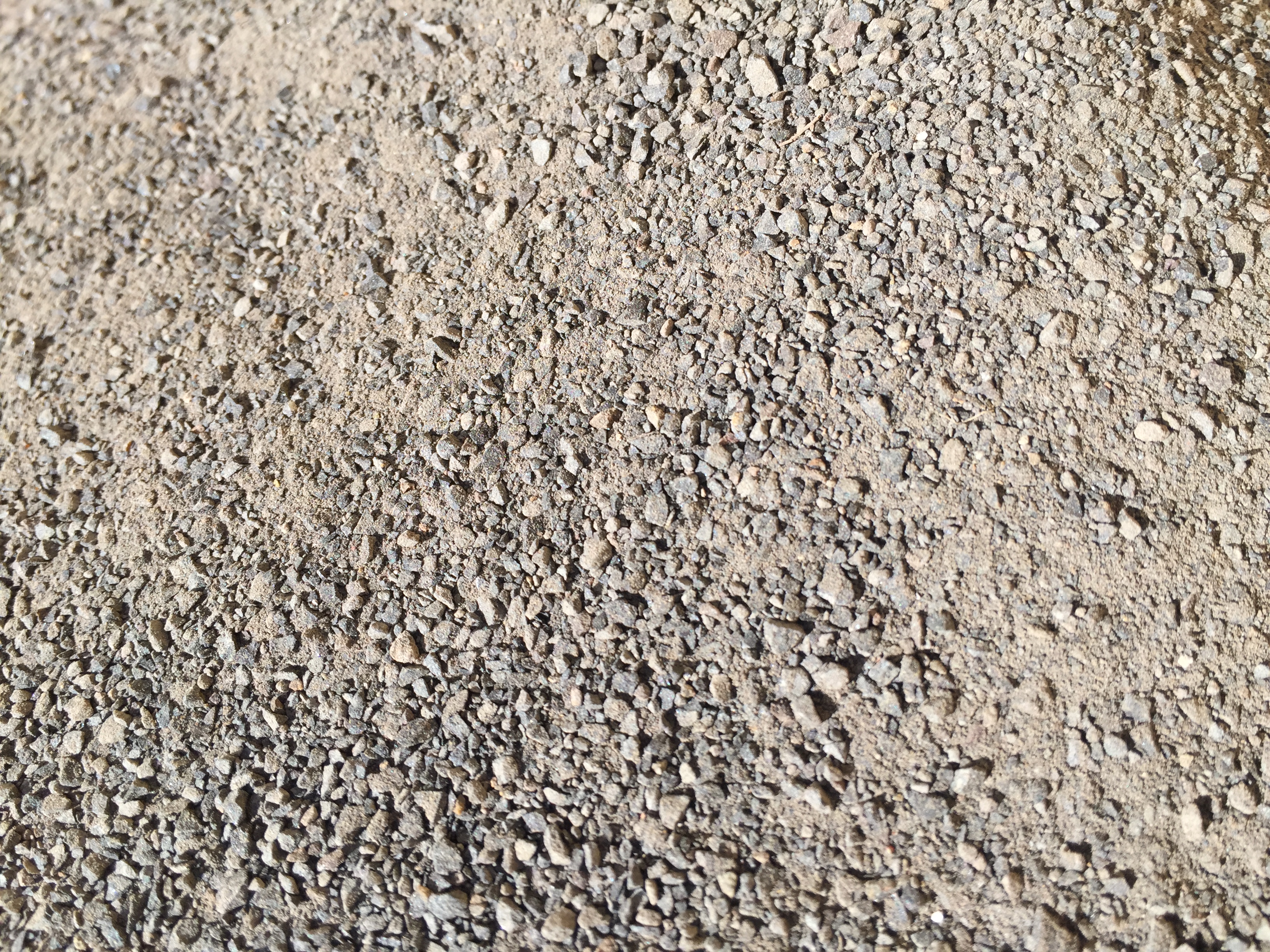
What is soil? Most dictionaries define soil as the uppermost layer of the earth’s surface, consisting of rock and mineral particles mixed with organic matter, microorganisms, water and air.
Of course, this definition only scratches the surface. The story of soil goes much deeper than that. (Okay, okay…we’ll stop with the soil puns!)
The point is that soil is not as simple as it seems. Soil is derived from a marvelously complex interaction between soil biology and geology. As geology (decomposing rock material) reacts with biology (soil microorganisms and plant material), the rock material releases elements like calcium, magnesium and iron.
Agronomist Rich Affeldt explains the complex interaction between soil biology and geology in the following manner:
“Beneficial microbes depend on the mineral fraction of the soil to live and to raise their families. While it is natural to assume that minerals are available in a limitless supply—they are not. Missing minerals are just that…missing. No amount of organic matter will make up for mineral deficiencies which, ultimately, lead to poor and infertile soil. Adding fresh sources of minerals to the soil enhances the ability of microbes to flourish and is the best way to restore the health of the soil. Crushed volcanic basalt in particular aids in the regeneration of soil by closely mimicking natural geological and biological interactions.”
Specifically, crushed volcanic basalt:
- Supports and increases microbial activity in all soils.
- Provides micronutrients and trace elements that are important to the life cycle of plants
- Contributes to increased growth, vigor and disease resistance
- Has proven benefits that date back to the 1930s, including: increased growth and vitality, more colorful plants, more nutritious crops, and vigorous and stronger plants
When remineralizing with volcanic basalt, look for a 100% all-natural product like Cascade Minerals Remineralizing Soil Booster which is made in the U.S.A. and is listed by the Organic Materials Review Institute (OMRI) for use in organic production in both the U.S.A. and in Canada.
